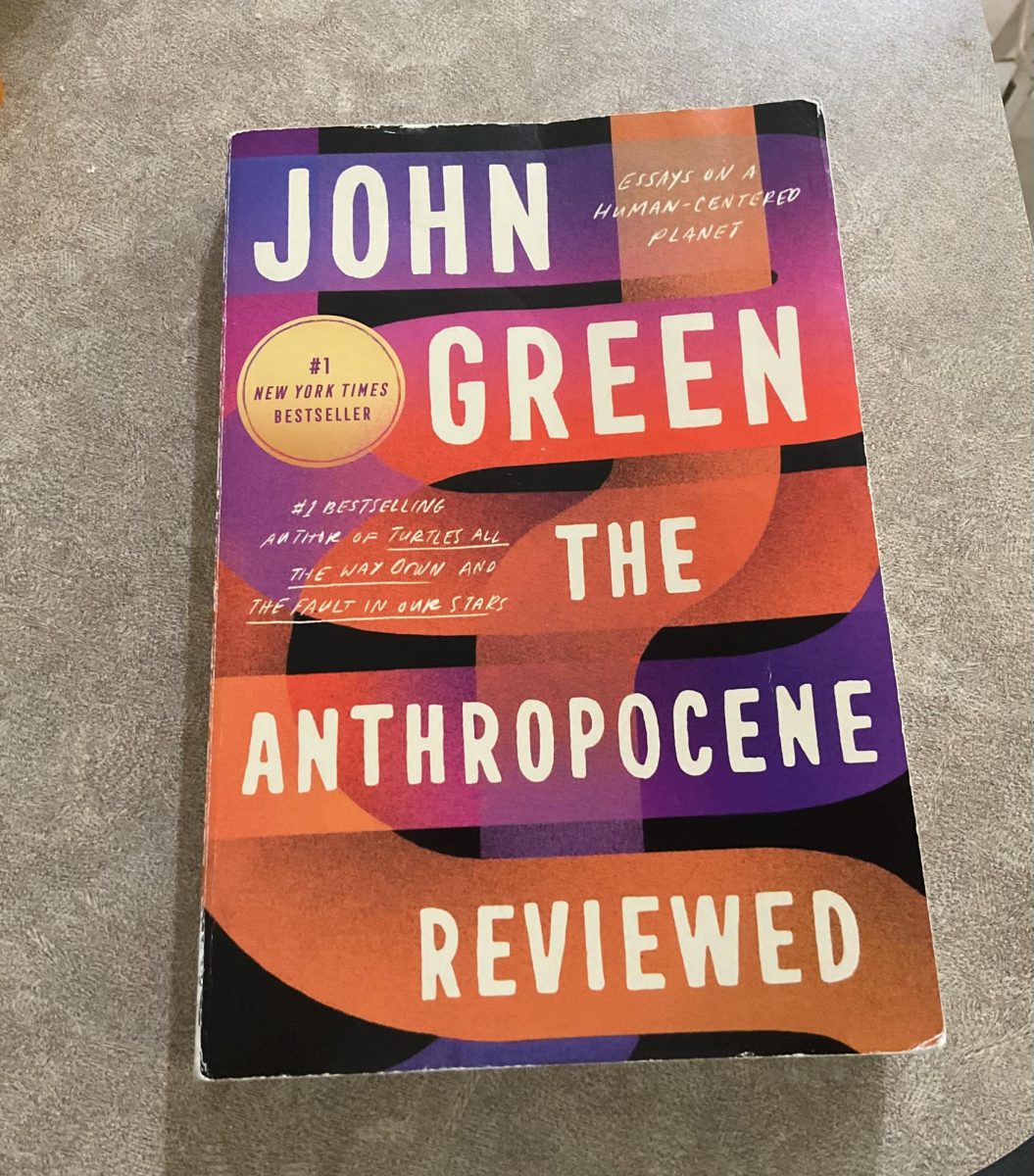For 25 hours, Senator Cory Booker criticized the Trump administration. At 7 p.m. on March 31, 2025, Senator Booker took the Senate floor and began his speech. At 6 p.m. on March 1, 2025, Senator Booker made his closing remarks.
Many call Senator Booker’s speech a filibuster. However, a filibuster, by definition, is a prolonged speech that obstructs progress in a legislative assembly, while technically not violating the required procedures. Filibusters are commonly used to delay or prevent a vote on a bill, resolution, amendment, or any other type of debate.
This method of using long speeches to delay action appeared for the first time in the first-ever session of the Senate. This eventually became so common that it acquired its name—filibuster.
As time went on, many called for the end of filibustering. In 1917, with the encouragement of President Woodrow Wilson, senators adopted Senate Rule 22, allowing them to limit a debate with a two-thirds majority vote. Over time, the requirement fell to a three-fifths majority vote, then eventually only simple majority votes in some cases. Even with this rule, however, filibusters continued to be an effective way to limit or block legislation.
One of the most famous filibusters in history is Strom Thurmond’s filibuster, opposing the Civil Rights Act of 1957. To this day, his speech is the longest filibuster ever, lasting for 24 hours and 18 minutes.
While Senator Booker’s speech is technically not a filibuster, the 25-hour and four-minute speech is the longest-lasting speech in history. In a 49-42 vote, the Senate set a 30-hour time limit for the debate on the nomination of Matthew Whitaker to be the ambassador of the North Atlantic Treaty Organization. Because of this, Senator Booker was unable to truly block or limit the vote on Whitaker’s nomination, which, technically, if it were a filibuster, would have been the goal. Although his long-lasting appearance on the Senate floor delayed the vote, Senator Booker was not able to meet the full requirements of a filibuster, to stop the vote from happening at all.
In protest against President Donald Trump’s policies—specifically those regarding women and undocumented immigrants—Senator Booker expressed concerns about the budget cuts influenced by the Department of Government Efficiency and warned of his concerns about the disintegration of democratic institutions. Throughout his speech, Senator Booker shared anecdotes, responded to the questions of other senators, and encouraged the public to take a moral stance and act against injustice.
Senator Booker highlighted his idea that the fight for justice is not only a political battle, but a shared responsibility of all United States citizens. He stressed that it is the government’s responsibility to protect vulnerable groups, particularly due to the new policies that divide the nation and argued that standing up is not merely a political convenience, but something required.
Senator Booker’s call for justice and public reform will continue to gain attention from the media, sparking debate about the policies that he protested. While different political groups may react differently, Senator Booker’s words may inspire bipartisanship in healthcare, criminal justice reform, or climate change. Senator Booker’s message about justice and morality will resonate with people all over the country, possibly influencing future generations of activists.
Senator Booker’s 25-hour speech is just the beginning of a larger movement. Whether his speech leads to legislative change, new public policies, or political shifts, his words will mold political conversation in the years to come.
The Longest Speech in History
A deeper dive into Senator Booker’s Senate floor speech
Story continues below advertisement
Donate to The Leaf
$10
$1000
Contributed
Our Goal
Your donation will support the student journalists of Sycamore High School. Your contribution will allow us to purchase equipment and cover our annual website hosting costs.






![Mock Trial members from Gold and Green team last year pose for a picture in front of the OCLRE building in Columbus. "We all put in so much work [last] year. I know [this] year we’ll come back improved and ready to win!” said Ogunbodede.](https://shsleaf.org/wp-content/uploads/2025/10/IMG_4121-1200x822.jpg)
